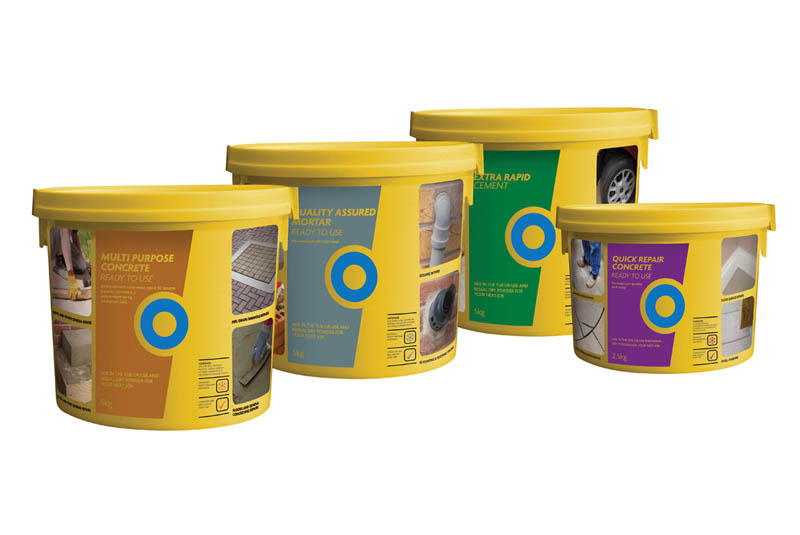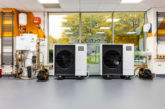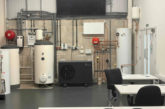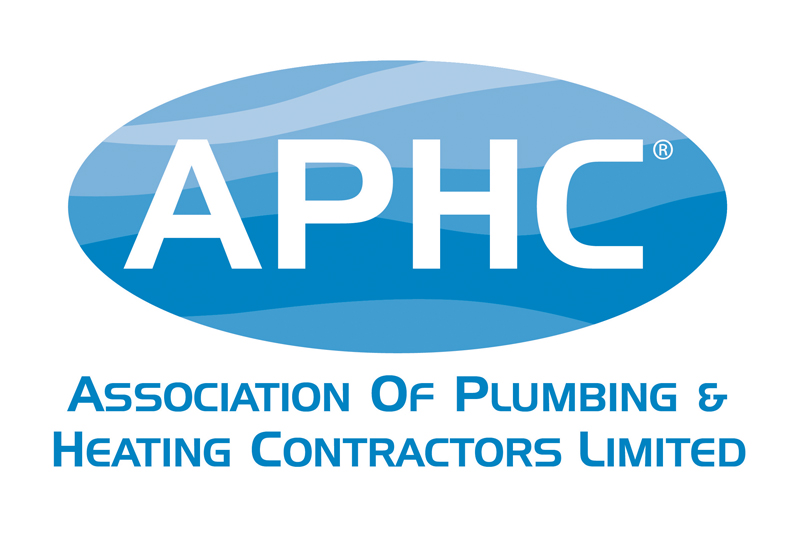
Dr. Bill Price, National Commercial Technical Manager at Tarmac, offers some useful advice for plumbers when using cement.
Plumbers will frequently need to install or repair pipes or vents that have to pass through an exterior wall. These tend to be waste pipes, water pipes and vents for boilers or tumble dryers – although a condensing tumble dryer can obviously avoid the last one.
Why do these projects need cement? Because they all demand that the gap where the pipe or vent exits the wall is sealed. This is vital, as without it, the wall will not be weather-tight, resulting in rain penetrating the indoor space.
Some may use polyurethane foams to seal these gaps, however this tends to be unsatisfactory. The foam makes neat finishes difficult and, unless it is painted or sealed when hardened, it degrades quickly due to exposure to sunlight.
Cement mortar is a better option. It provides a neater, more effective finish and adds the touch of professionalism that can make a piece of work stand out. It is however important that cement is properly used – make sure you follow these three simple tips:
Keep it moist
As with all cement-based materials, mortars must be kept moist. This is called ‘curing’ and requires the mortar filling to be covered with a wet cloth or sheet of polythene. There is a risk, if mortar is allowed to dry out too quickly, that it will shrink and leave a gap around the pipe. Always remember that mortar sets by reacting with water, rather than ‘drying out’.
Keep waste and mess to a minimum
Cement tends to be sold in 25kg bags, which is a lot more than would be needed to seal around a pipe. This leads to waste and mess. Once a bag has been opened, it is thrown into the back of vans and ends up blanketing everything in dust – ruining boilers and other products. Often bags also get a bit wet and set solid, leading to their remains being unusable and wasted.
Plumbers will find re-sealable plastic tubs more useful. These allow plumbers to use a small amount of product and then simply reseal the tub. This prevents dust from being spread around the back of a van and ensures that product is not ruined.
Keep it safe
Cement mortar is a safe product but it still needs to be handled with care. It is a high alkaline product and, like all high alkaline products, should not be exposed to skin for a long period of time. If you get some on your skin, wash it off immediately. Not doing so can lead to irritation and burns.
Cement is a great asset for plumbing – follow these tips and enjoy a slicker, higher quality finish. For more information on Tarmac, visit: www.tarmac.com













